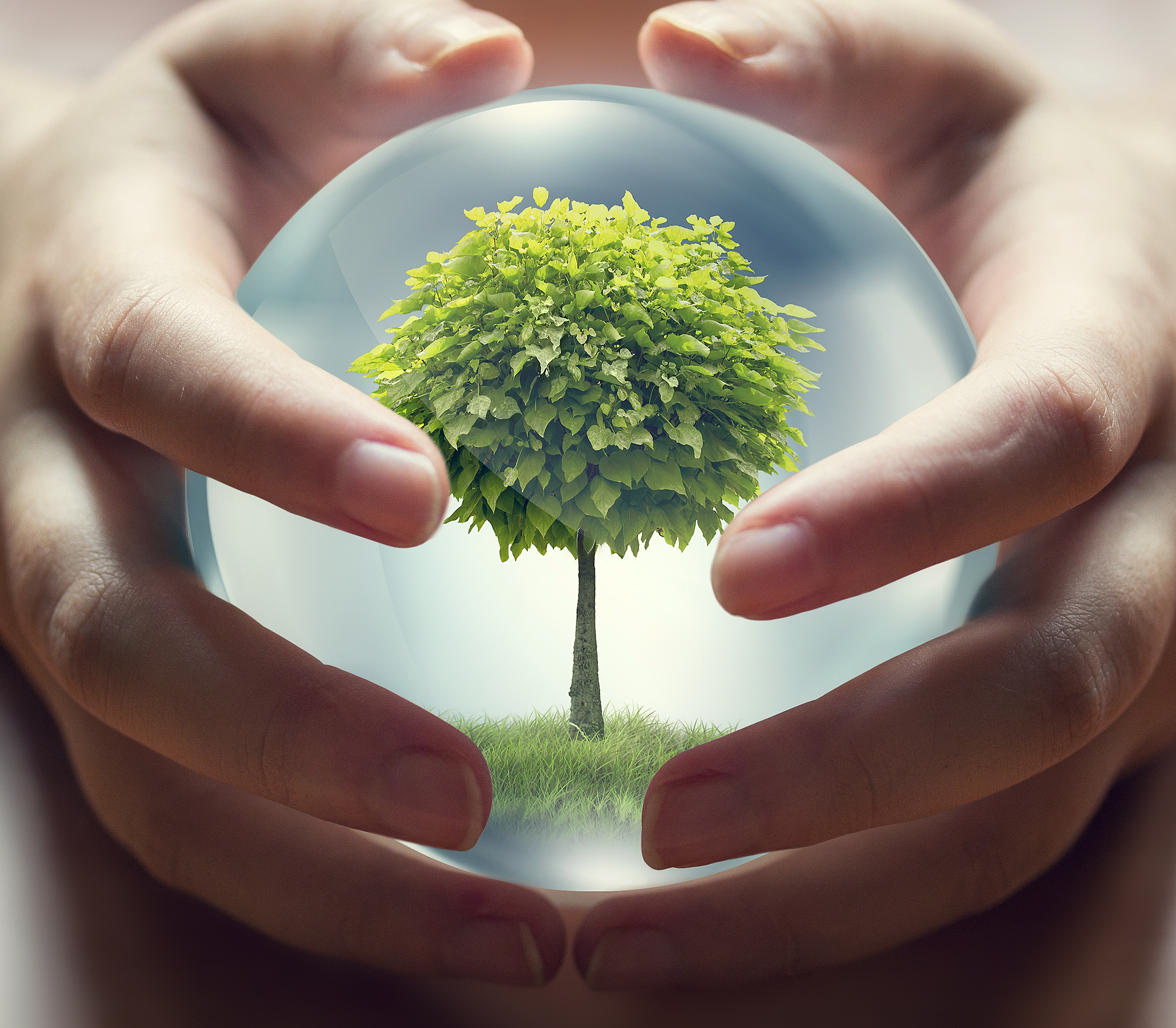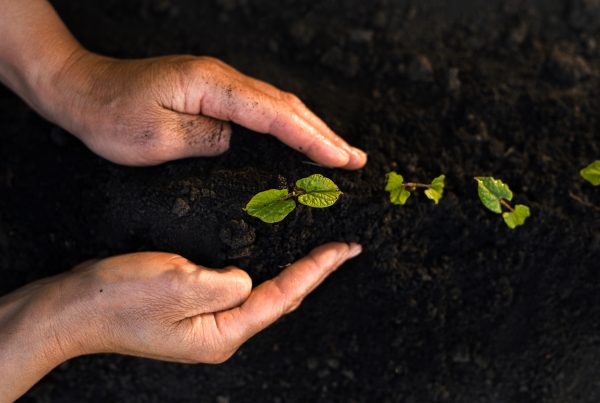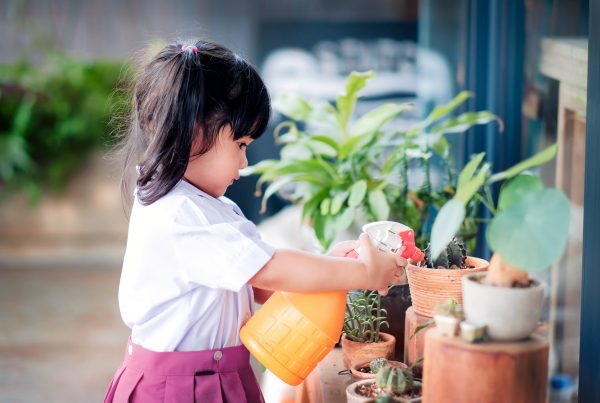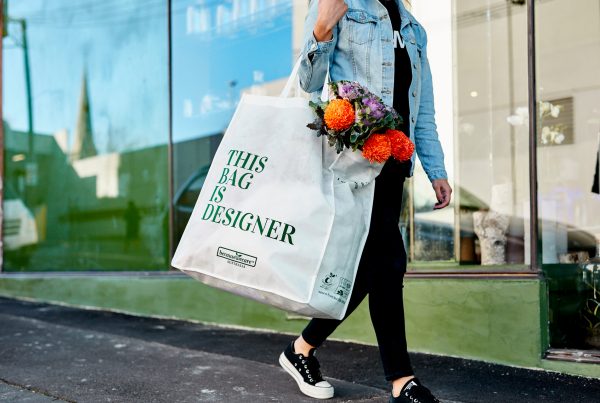It’s no secret that plastics, particularly packaging and bags, have an extremely short lifespan.
An item like a single-use retail bag can have a lifecycle as fleeting as a few minutes before it’s thrown into the bin. Our current lacklustre waste management standards worldwide result in approximately two million tons of plastic ending up in the environment each year. If not disposed of into landfills or incinerators, this plastic waste will eventually filter into rivers and out to the ocean.
For the most part, plastics are unable to break down naturally, which, as we know, leaves us facing a huge ecological problem. One that affects and impacts every country around the world.
More clean-ups and better recycling alone won’t solve this problem. We need to shift our focus to innovations, look for ways to reuse the plastic we already have, and replace future plastic production with organic alternatives that can break down naturally after use.
What is a circular economy?
At its core, it’s about the mantra: reduce, reuse, recycle, and rethink. It encourages less plastic consumption, greater consideration before purchasing, and challenges us to reuse the products we already have and reassess what else we actually need. This circular mindset will enable a reduction in our volume of single-use waste.
The first step on this journey is eliminating any plastics we don’t need, from takeaway containers to customer shopping bags and product deliveries. Once we’ve minimised the need for plastics, any new products should be reusable or created from an organic or recycled resource.
Enter: Bioplastics
Created from green materials from organic sources, bioplastics are our best viable alternative to traditional plastics. Made using a plant-based resin, bioplastics are biodegradable and have a much lower carbon footprint than fossil-based products. A great example is the Because We Care range of earth-friendly bioplastic products. All items are made from third-grade corn or tapioca starch and can compost into the soil at the end of use to fulfil their circular lifecycle.
Small, eco-friendly actions
In recent years, there’s been a movement to embrace organic products and earth-friendly habits. This change is a small step in the right direction and has been driven, in part, by public sentiment and a general expectation that businesses and governments need to do better for the planet. At a granular level, this includes companies offering customers reusable or paper shopping bags for supermarket shopping, reusing old cardboard boxes for shipping and deliveries, and removing the unnecessary packaging in eCommerce orders.
Proper labelling is essential
Where bioplastics are concerned, proper end of life management is essential to realise the item’s circular journey and ensure the earth can reclaim it. This relies on clear and correct labelling by the manufacturer, communicating where the product can be disposed of and instructions on how to do it in a planet-safe way.
It also requires the manufacturer to obtain the proper certifications from the global regulatory bodies. These certification logos give consumers confidence that the earth can reabsorb the bioplastic product without leaving any harmful toxins behind as it degrades.
Supporting sustainable development goals
With the ability to have life after use, recycled and plant-based bioplastic products will be key components in the circular economies of the future. In this way, bioplastics support the United Nations’ Sustainable Development Goal to shift away from fossil fuel resources and toward more sustainable operations. By embedding the use of reusable and compostable products in operations, your business can evolve and grow sustainably into the future.




